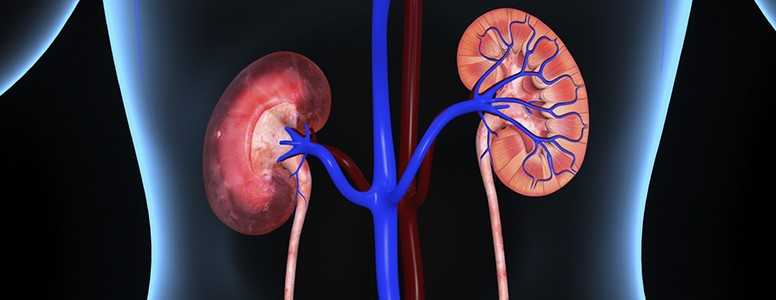Having low HDL cholesterol levels and high triglyceride levels can indicate a higher risk of developing diabetic kidney disease (DKD) in people with type 2 diabetes, according to an Italian study.
HDL cholesterol is sometimes referred to as the ‘good cholesterol’ because having higher level of HDL cholesterol is linked with better health.
Diabetic kidney disease, also known as diabetic nephropathy, is one of common long-term complications of type 2 diabetes.
Kidney disease develops and worsens over a period of years. In its early stages, there are no symptoms but, if allowed to progress, signs such as breathlessness, water retention (such as swollen ankles) and malnutrition will appear in the later stages of the condition.
With the right interventions, kidney disease can be halted which is why it is important that people with diabetes have their kidney function tested each year.
In the study, over 47,000 participants with type 2 diabetes, and no sign of kidney disease at the start of the study, were monitored over four years.
Through the study, the patients were monitored for the onset of kidney disease and also had their cholesterol levels monitored.
The findings showed that participants with triglyceride levels of 1.7 mmol/l or more had a 35 per cent increased risk of developing an initial sign of kidney disease (low eGFR or albuminuria). Participants with low HDL levels (below 1 mmol/l in men and below 1.3 mmol/l in women) had a 44 per cent increased risk of having a sign of kidney disease.
The findings show that high triglyceride levels and low HDL levels can each indicate an increased risk of developing kidney disease within a few years.
A key question that the findings raise is what leads to low HDL and high triglyceride levels in the first place and how to improve this situation.
High triglyceride levels and low HDL are usually signs of an unhealthy lifestyle and the positive news is that this can certainly be changed.
The Low Carb Program has been developed to provide easy to follow diet advice that can greatly improve your all round health and it’s free to join.
The study is published online, ahead of print, by the Diabetes Care journal.
What's new on the forum? ⭐️
Get our free newsletters
Stay up to date with the latest news, research and breakthroughs.





